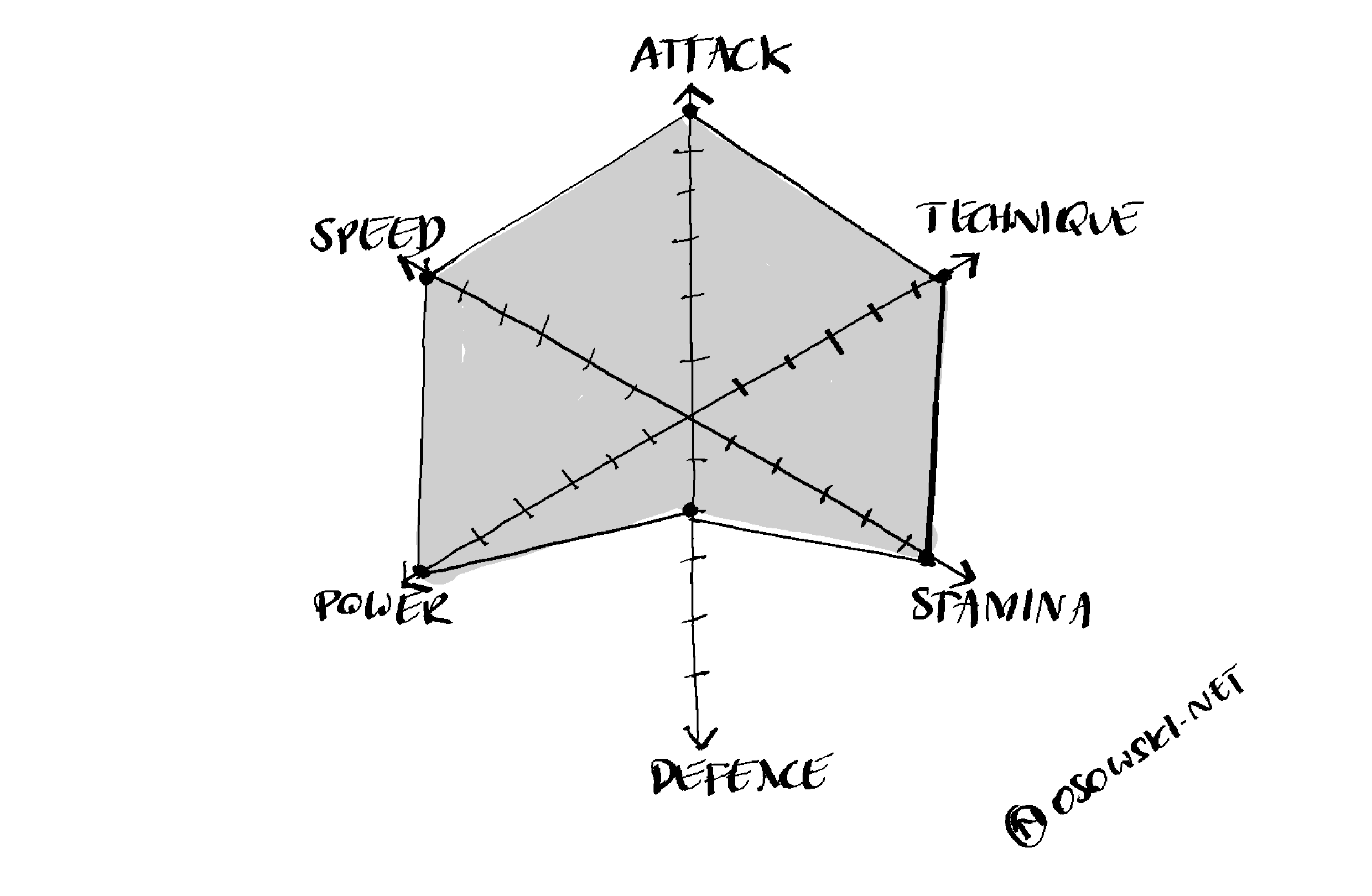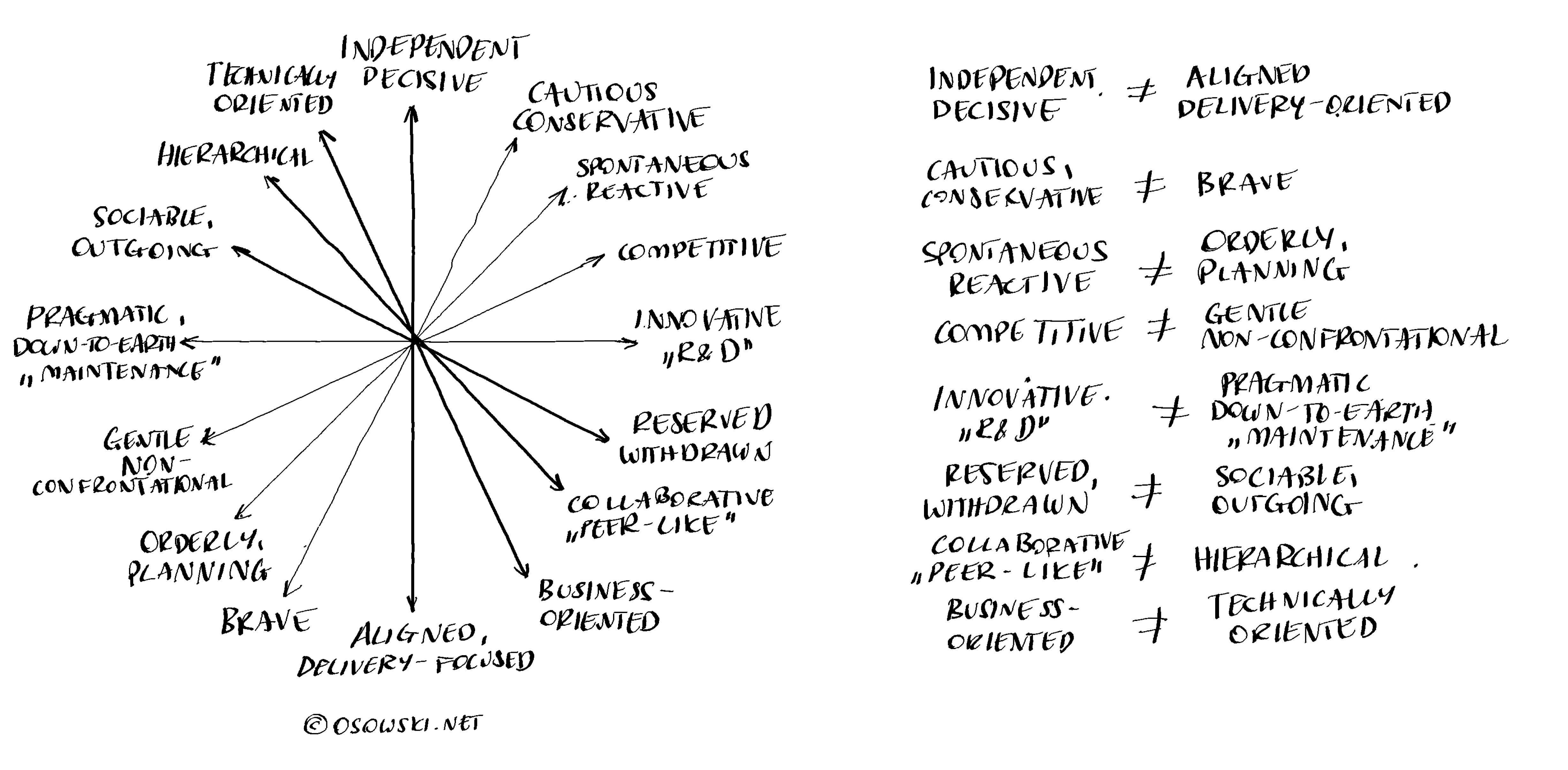Everyone on the team has their own role, and you don’t have to play them all. Here’s how to grow and delegate effectively in a world where the “complete player” doesn’t exist and aiming for the “golden mean” would only lead to mediocrity.
Straddling the line between childhood growing pains and modern lifestyle diseases is a mindset that still torments many young—sometimes only young-at-heart—managers and specialists: the conviction that they already possess, or could quickly acquire, all-encompassing knowledge.
And so right up there with the Yeti, the Loch Ness Monster, and the fabled “complete footballer,” we find the myth of the boss-owner-founder who could knock out every task—if only there were a few extra hours in the day.
This attitude kills real delegation and outsourcing, strangles team growth, and stalls your own skill development. Ironically, the more “reasonable” it feels, the more harm it does. A Malcolm Gladwell keynote and a stint at “Brand Strategy School” cured me of a severe case of this syndrome back in 2017. I highly recommend both.
Read on to learn how to diagnose yourself, recognize the symptoms and consequences, and treat even the toughest cases of managerial omnipotence.
Every Pro Has Its Cons
Skill-wise, the “complete player” simply doesn’t exist. That has nothing to do with a lack of talent, your own limits, or not trying hard enough. It’s just the logical outcome of the fact that the traits, skills, and mindsets that matter at work often clash with one another.
Picture it this way: if you’ve ever compared athletes in a sports video game, you probably saw a radar chart like the one below.

The core problem in the real world is that along each of these axes you can plot two qualities. Each could be useful in your work, yet they are mutually exclusive. To illustrate, here’s the custom set of traits I use to judge candidates for manager roles in my teams.

If, after fully understanding the above, you still think you could land on both sides of any axis—congrats on your first job, or best of luck with your speedy resocialization! Dear, you can’t be both “bold” and “cautious,” just like you can’t be both “egalitarian” and “hierarchical.” Even if you manage to be both “technical” and “business-minded,” day-to-day reality makes you pick one stance eventually. That’s why there’s no such thing as a true jack-of-all-trades, and every strength comes with a weakness.

